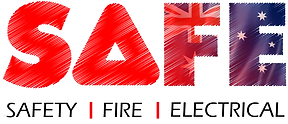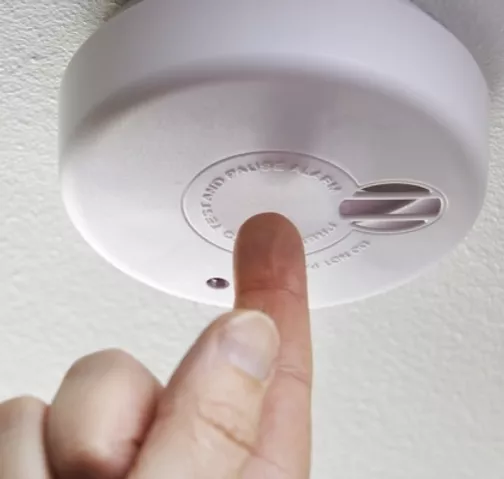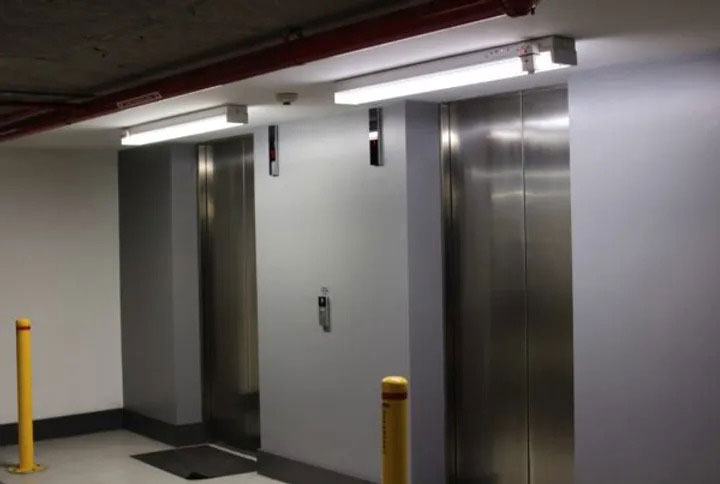The Smoke Alarm Association of Australia has issued an urgent call to all Queensland landlords to act as soon as possible to address the significant upgrades to smoke alarm requirements in all rental properties across the state.
Smoke alarms should have been installed in every Queensland rental property by January 1, 2022 and should follow these requirements:
- Installed in every bedroom
- 240V hardwired or 10yr Lithium Non-replaceable Battery-powered alarms (9V Battery-powered alarms will not be permitted)
- Photoelectric type alarms only (Ionisation smoke alarms will not be permitted)
- Interconnected, so that if one smoke alarm is activated, they all sound
For most landlords, this means that all existing smoke alarms must be replaced, and new ones installed (very few rental properties have interconnected, photoelectric smoke alarms inside bedrooms). Depending on the layout of the rental property, this may necessitate the installation and/or replacement of a significant number of smoke alarms.
What Does This Mean for Property Owners?
All residential property owners must install compliant smoke alarms in their properties before signing a contract to sell the property after January 1, 2022. If a property owner sells it without installing compliant smoke alarms, they will be in violation of the Fire and Emergency Services Act of 1990 and may face legal consequences. This also applies to the property’s new and subsequent owners.
The sellers are required by contract to notify the buyer that compliant smoke alarms are installed in the property. The Queensland Titles Office is notified about the smoke alarms in the property via the transfer forms that transfer ownership of the property to the new owner. If the owner makes any false or misleading statements, they may face legal consequences.
What Does This Mean for Property Managers?
With the deadline of 1 January 2022 behind us, property managers should ensure that their current lessor clients, as well as all new clients, are fully aware of the Act’s additional obligations. Property managers should remind their lessor clients of the additional obligations in plenty of time before the start of a new tenancy or renewal of a tenancy so that any necessary changes to the smoke alarms at the property can be made.
Property managers will be aware that, according to section 185 of the Residential Tenancies and Rooming Accommodation Act 2008 (Qld), a lessor must ensure that any law dealing with the health or safety of persons using or entering the property is followed at the start of the tenancy and throughout the tenancy.
The Act’s smoke alarm requirements clearly address the health or safety of those using or entering the property. As a result, if a lessor fails to comply with the smoke alarm requirements by January 1, 2022, the lessor may face legal action from the tenant for breach of the tenancy agreement.
Non-Compliance Risks
Failure to take every practical step to ensure the safety of your tenants and property may result in the dismissal of insurance claims for damage, personal injury or loss of life. Landlords must ensure working smoke alarms are installed in their rental properties, in accordance with the Building Code of Australia, Australian Standards and Fire Emergency Services Act..
Landlords must also ensure smoke alarms are regularly maintained and replaced when faulty or expired. Landlords who do not meet mandated requirements in order to ensure the safety of their tenants can face a multitude of unpleasant and unwanted consequences that, with the right guidance, can be easily avoided.
For smoke alarm installations and upgrades, contact our smoke alarm experts at SAFE on 1300 50 7233.
Don’t wait before it’s too late.


